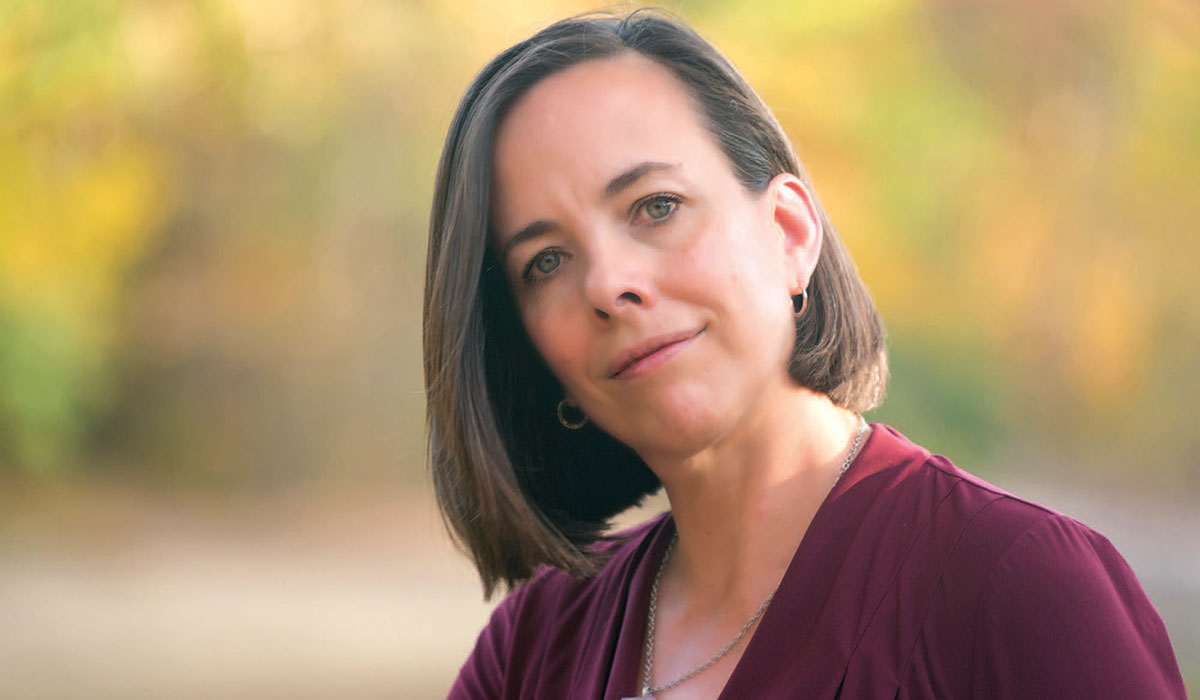

In 2000, Lana (Brown) Portolano, M.A. 1992, Ph.D. 1998, and her husband Joe, M.A. 1989, adopted their daughter, Lena, who is deaf. Soon after, Portolano began researching different options for educating her.
“That was really my introduction to deaf culture,” says Portolano. “As she grew, so did our circle of deaf friends and deaf connections in the community and in the Church.”
Deaf individuals don’t always find it easy to participate in religious services, and may feel excluded as a result. When the time came for their daughter’s confirmation, the Portolanos looked for a way to help her connect to the Church. They went to St. Francis of Assisi in Landover, Md., a parish housed by the Center for Deaf Ministries.
Partly because of her academic background in the study of rhetoric, Portolano became fascinated by the preaching in sign language by deaf priests.
“It’s difficult to become a priest if you have these special needs; in many countries, there is a stigma against having priests with that kind of disability,” Portolano says. “I began interviewing these priests about their vocation stories.”
Their stories feature prominently in her book, Be Opened! The Catholic Church and Deaf Culture, published in December by The Catholic University of America Press. She worked on the book for six years. In addition to deaf priests and pastoral workers, she also interviewed deaf congregants.
“These are stories directed by deaf people,” Portolano says, “not from the point of view of the hearing mainstream. I tried to allow the deaf narrative to lead at every step. Not a lot of these stories were written down, because they’re in sign language.”
Her attendance at St. Francis of Assisi opened her eyes to the experiences of a community often relegated to the margins. It also enhanced and supplemented her own practice of prayer.
“In Mass, I often add my responses in sign language,” Portolano says, “probably for the same reasons that deaf priests continue to sign even if their congregations are hearing: to witness these silent members of the Church who aren’t often seen. It’s a way to pray with your body, and that’s very Catholic.”
For the past several years, Portolano has taught in the English department at Towson University. She is especially pleased that her latest book has been published by Catholic University Press.
“It’s wonderful!” she says. “It really felt like coming home.”
Her previous book, The Passionate Empiricist, was a study of how John Quincy Adams used his expertise in classical rhetoric to persuade his contemporaries that the American government should support science. She is already at work on her next project, compiling a volume of Pope Francis’s writings on disability.
“His attention to people on the margins is part of what makes him a notable pope,” she says.
— G.V.